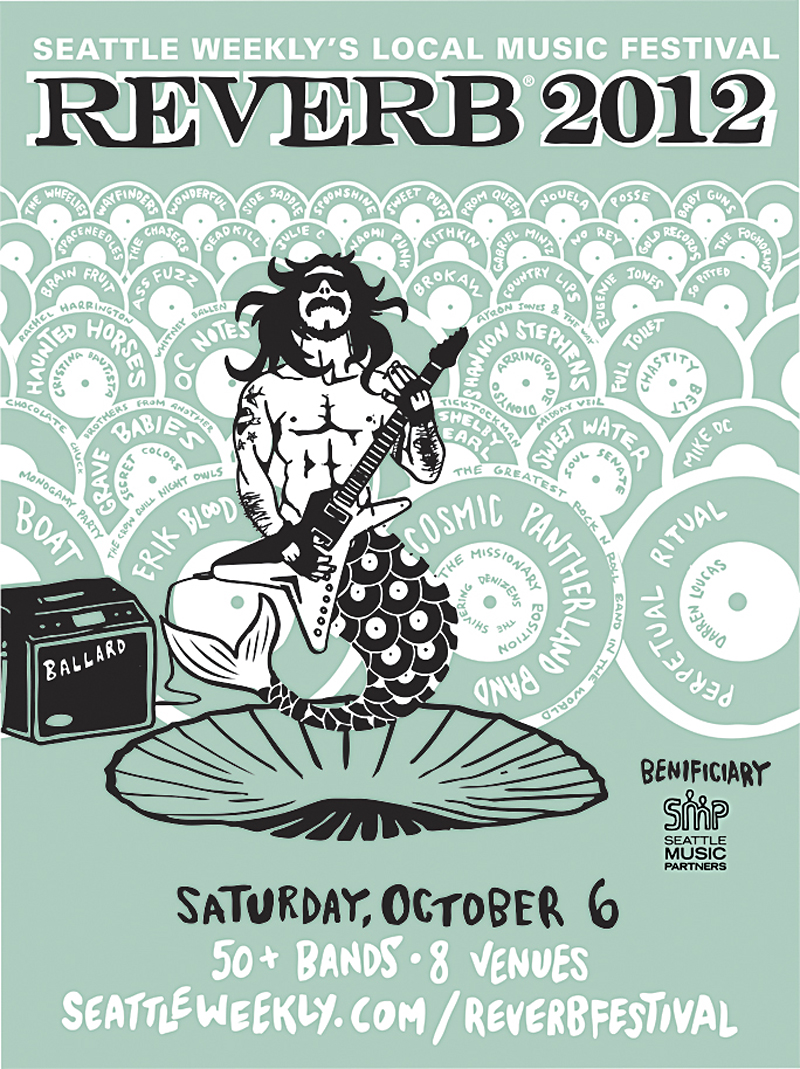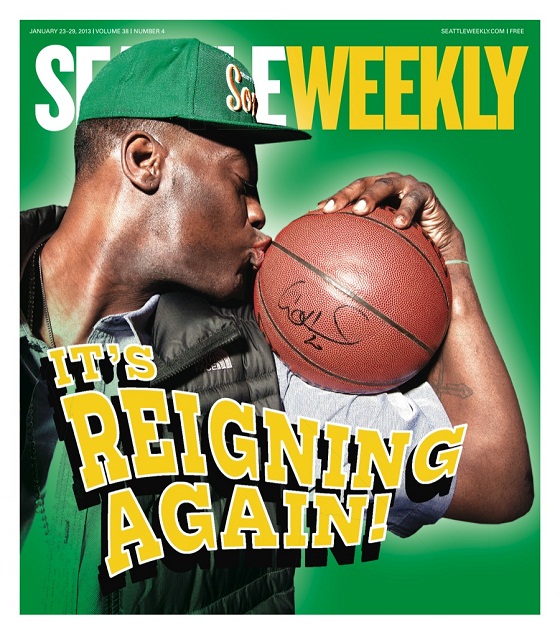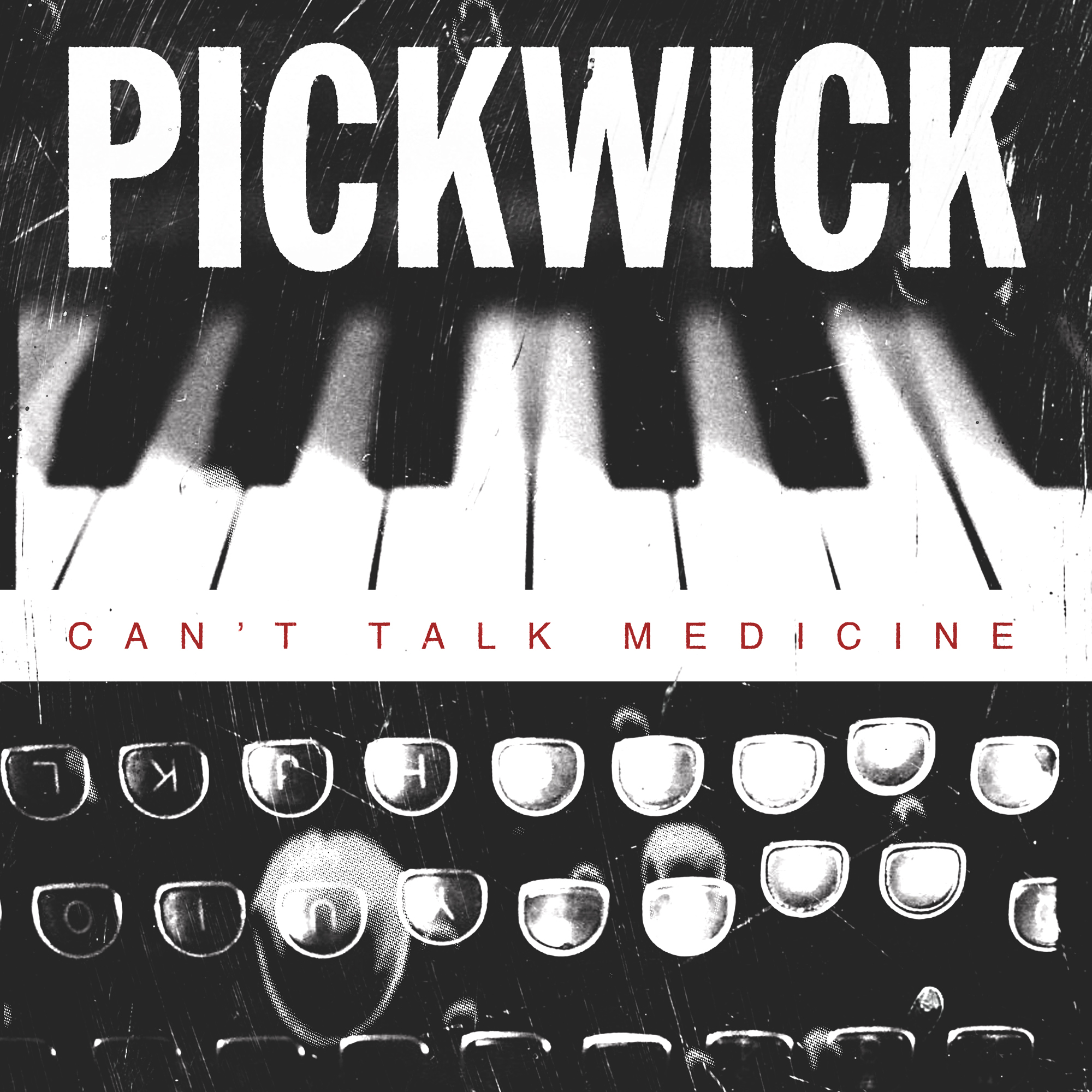When I graduated from high school, I went to college to study music performance. I told people I wanted to be a rock star. It wasn’t long before I realized how laughably arrogant and naive that was (to state the obvious, a university is a terrible place to pursue a career in arena rock, though not an impossible one). A couple of years and hundreds of hours in the practice room and on the field with the marching band later, I switched my major to journalism. I felt like a sellout. Still do, to be honest. Everything about music is harder—from the college courses to the lifestyle.
If you haven’t noticed, these aren’t exactly salad days for professional journalists. But it’s nirvana compared to what musicians and songwriters go through to feed their families. Sometimes when I feel discouraged or cynical about our industry, I think about the local musicians working two jobs when they’re home and enduring a grueling touring schedule when they’re on the road to make ends meet, and am reminded how fortunate I am to have a steady paycheck, health insurance, and the opportunity to sleep with my wife every night.
I am paid to do what I love, something that gives me a defining sense of self. Too often, that’s not the case for musicians. That’s not just bad for bands, but for anyone who appreciates a good melody.
Fifty-six local bands are playing Seattle Weekly‘s Reverb Local Music Festival on Saturday. None of them played the annual event last year. For six years in a row, that’s been the case. We’ve worked with a local booker—the talented and tattooed Kwab Copeland—to curate a festival featuring the best of Seattle’s bubbling music scene, and we’ve rotated the roster every year. It testifies to what a deep talent bench our music scene has that year after year we can fill 50, 60, or 70 spots without repeating bands. Only a fraction of these artists are on labels, and even fewer of them make music for a living.
As difficult as the journalism and music businesses have become, I’d also argue that there hasn’t been a more exciting time to work in either industry in the past 100 years. Everything’s changing; the old barriers are coming down. It no longer takes a printing press or a broadcast license to break news or connect with readers—you barely need a smartphone—and it’s never been easier to make an album, find bands to tour with, and interact with fans. It’s never been easier to pay for music, either—on iTunes, Bandcamp, or Kickstarter, to name just three click-ready methods—but it’s never been harder to get people to do it.
Do me a favor: Next time you’re online listening to an album and there’s an option to pay what you want, shove aside your excuses and throw down a buck. Don’t just “like” them. Pay them. You can afford it. Anyone who can afford the apparatus necessary to listen to a song on the Internet—and certainly anyone who thinks SOMEONE ELSE’S taxes should be raised—can afford to chip in a dollar for the other one percent.
Is this going to turn the financial tide for musicians? Probably not. But we as a society should want talented musicians to think of music as a career option, ideally a well-paid one, just as we want our sharpest college graduates to consider teaching—not just banking—as a career option, ideally a well-paid one. We want them to have the good fortune of making a living by making a product they love and the rest of us ravenously consume. But we’re never going to get there if we don’t value music-makers with our wallets and turn paying for music into a habit and a priority.
Paying for the music we like is an easy place to start.
—Chris Kornelis, editor, Reverb Monthly








